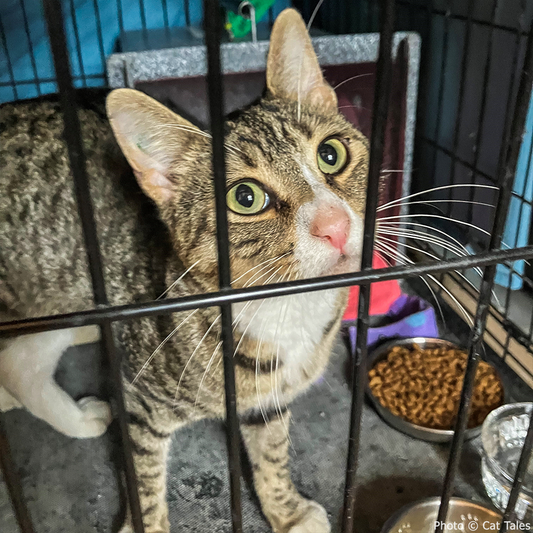Financial Impacts of a Patient's Cancer Diagnosis Can Also Impact Their Partner's Health, Study Finds
Michelle Milliken
Many cancer patients experience financial toxicity, or problems related to the cost of their treatment. This can be impacted by how much money a patient or their partner makes, how much debt they had before cancer, the costs related to the disease, whether or not the patient has disability or health insurance, and how the disease and its treatment impact a patient’s ability to work. Research has shown that cancer patients and survivors are more apt to experience financial toxicity than those who haven’t had cancer. A new study finds the issue also impacts their partners, which can impact their health, as well.
Research recently published in JAMA Network Open investigated how the financial impact of a colorectal cancer diagnosis affects the health-related quality of life of patients’ partners. To conduct the research, a team from the University of Michigan Rogel Cancer Center surveyed patients and their partners on health factors including physical function, anxiety, depression, fatigue, sleep disturbance, social roles and activities, and pain, as well as financial burden, debt, and financial worry.
Dr. Lauren V. Ghazal, lead author and postdoctoral fellow in cancer care delivery research at the cancer center, says, "We know that financial toxicity or hardship is a significant effect of cancer and its treatment and is associated with poor health issues for patients and survivors. Financial toxicity extends to caregivers or partners too. We wanted to understand how that financial toxicity affects the caregiver's health outcomes, such as anxiety and depressive symptoms, fatigue, overall quality of life or well-being.”
They found that for many partners who faced financial burdens, these health outcomes were impacted.
Overall, more than 300 stage 3 colorectal cancer patients and their partners responded to the survey, with treatment occurring for all within the prior one to five years. Among partners who worked full- or part-time when the diagnosis occurred, 39% missed between a week and a month of work and 38% reported lost income due to the diagnosis.
Nearly two-thirds also said they’d experienced financial burden, including cutting back on expenses, activities, and food or clothes, or using savings. About a third also had financial worry, which was worsened when they lost income or missed work. Finally, 29% reported accumulating debt due to their partner’s diagnosis and treatment.
Among those experiencing financial toxicity, the seven health-related quality of life factors were consistently worse. They also reported the stresses primarily came from health insurance and employment status, but there were additional impacts from extra emotional spending, disrupted social lives, having to ask friends and loved ones for money, and worrying about what would happen if they didn’t have health insurance.
Younger partners were especially impacted by these financial burdens.
Dr. Christine M Veenstra, senior author and associate professor of medical oncology at Michigan Medicine, says, “When you think of key developmental milestones young adults expect to achieve, they are driven by money: completing education, establishing employment, cultivating romantic relationships, starting a family. All of these milestones impact becoming financially independent, and all are susceptible to disruption. And of course, a cancer diagnosis is a major disruption.”
She adds that with colorectal cancer becoming more common in younger patients, the findings demonstrate the need for financial hardship assessment, and connecting patients and their partners with services that can help.
For patients and partners navigating a cancer diagnosis together, the National Cancer Institute has some other helpful recommendations here.
Michelle has a journalism degree and has spent more than seven years working in broadcast news. She's also been known to write some silly stuff for humor websites. When she's not writing, she's probably getting lost in nature, with a fully-stocked backpack, of course.























